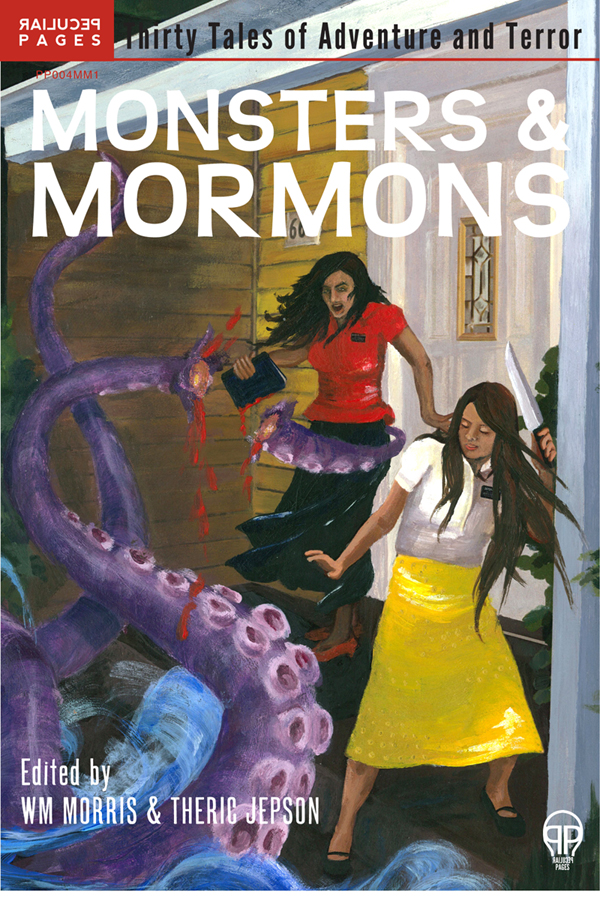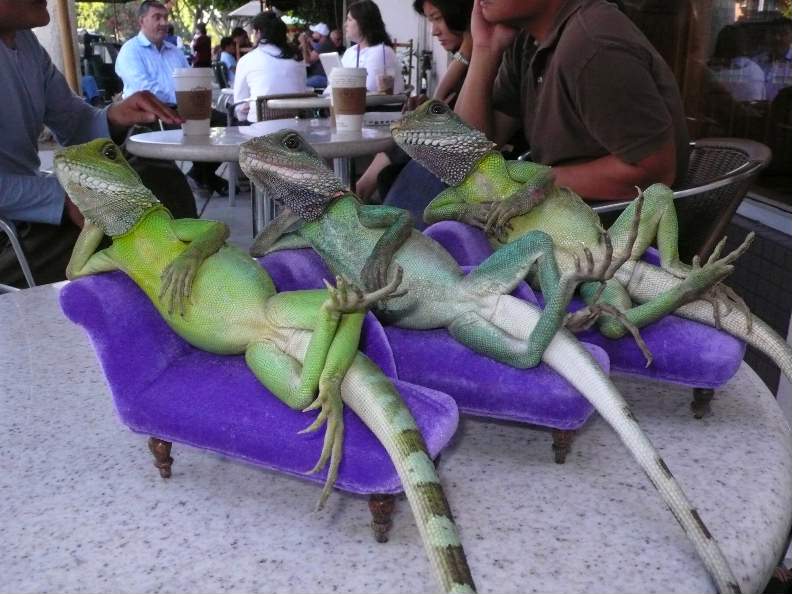There’s nothing special about this and there is no weird story behind it like yesterday’s; it’s just a childhood favorite I haven’t made in years. However, we had a block party Saturday and thus I bade Dude to purchase the dreaded pork’n’beans.
hot dogs or sausage (sliced)
2 large onions, chopped
1/2 c. brown sugar
2 Tb. molasses
1/2 c. barbecue sauce (I use Gates. Do NOT use Bryant’s!)
3 tsp. liquid smoke
bacon
Combine all ingredients but bacon. Put in a 13 x 9 and cover with bacon. Bake at 350 for 1 hour.

 The Girl with the Dragon Tattoo.
The Girl with the Dragon Tattoo. My editor and partner,
My editor and partner,  There’s a
There’s a  A fan I tweet with regularly told me my books mess with her head and take her places she doesn’t want to go, but she goes there anyway.
A fan I tweet with regularly told me my books mess with her head and take her places she doesn’t want to go, but she goes there anyway.
![“Printgasm” BINGO card. Text: “B1: I can dog-ear the pages. B2 [in various colors]: I can highlight passages in books in color. B3: I can write margin notes in a book. B4: I can put a Post-It note in a book. B5: I can use pretty bookmarks. I1: I like the feel of a book. I2: I like the smell of a book. I3: Books are prettier than electronic files. I4: I can show off the cover to strangers. I5: I can look at books on shelves. N1: I can read books in the bookstore while I drink my coffee. N2: You’ll pry my print books from my cold, dead hands! N3: I’ve never read an ebook, but I hate them. Nya nya nya. HATE! N4: I like to see the books in my TBR stack. N5: I don’t need a machine to read books. G1: Books keep printers employed. G2: I can buy books used. G3: I can re-sell my books. G4: I can lend a book. G5: Books don’t have DRM. O1: I can burn a book for emergency fuel. O2: I can take a book to the beach. O3: I can use pages for emergency toilet paper. O4: I can read a book in the bathtub. O5: Books won’t break if dropped or sat on.](https://moriahjovan.com/talesofdunham/wp-content/uploads/2011/03/20110321_bingocard-scaled.jpg)